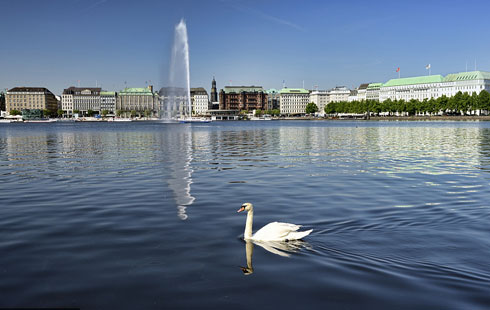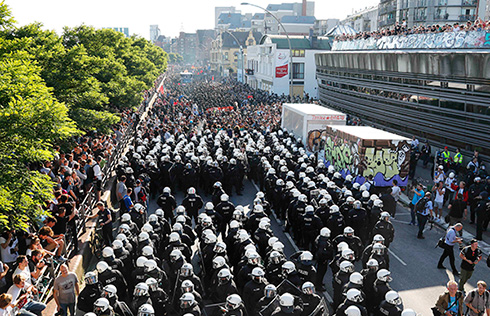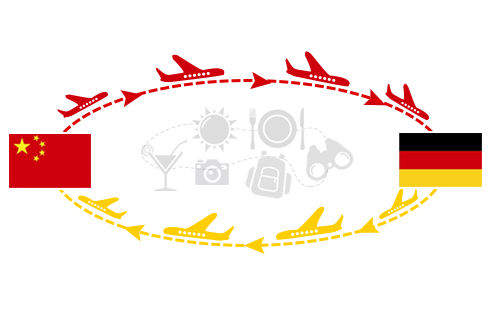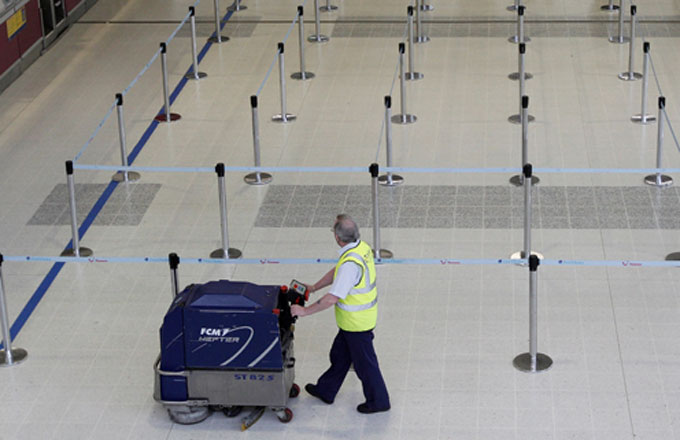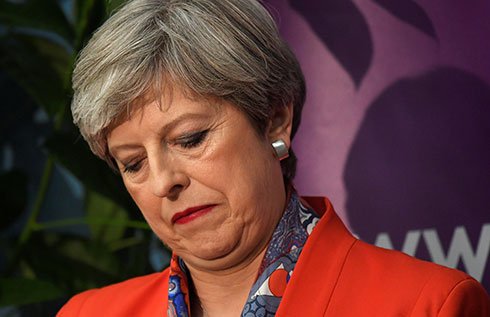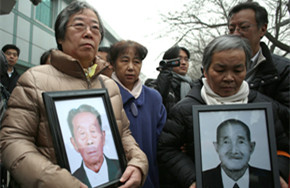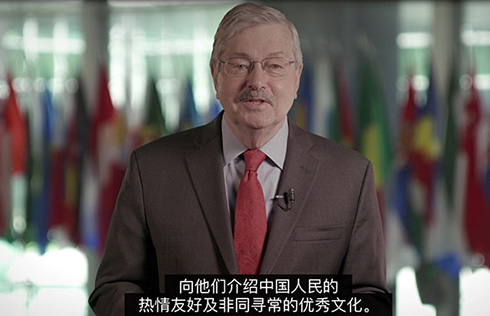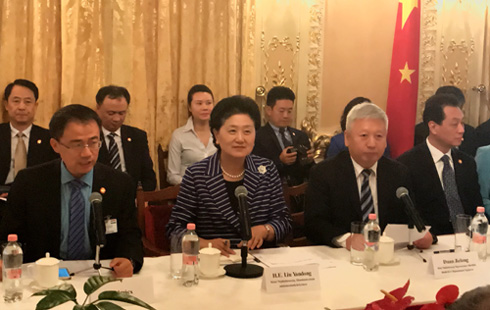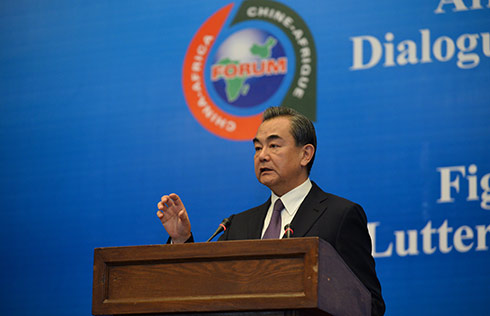Czech PM steps down after graft scandal
|
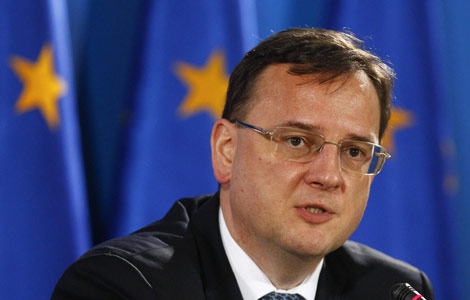 |
|
Czech Republic's Prime Minister Petr Necas speaks during a press briefing at the Royal Castle in Warsaw June 16, 2013.[Photo/Agencies]
|
Under the Czech constitution, the whole government will now have to step down, and there is likely to be horse-trading between the governing coalition, the opposition and the president before a replacement is in place.
Necas quit days after prosecutors charged the head of his office, Jana Nagyova, with bribing members of parliament and ordering intelligence agents to spy on people.
The scandal has a personal element for the prime minister: one of the surveillance targets, according to lawyers involved in the case, was the prime minister's own wife, Radka. The two are filing for divorce.
Necas has said he knew nothing about the surveillance, but the charges were so toxic that his coalition partners signalled they could no longer support him.
"I will resign as prime minister tomorrow," Necas told a news conference after meetings with his Civic Democratic party and with the leaders of other parties in the governing coalition.
"I am aware fully aware how the twists and turns of my personal life are burdening the Czech political scene and the Civic Democratic Party," he said.
He said his party would try to form a new government, led by a different person, to rule until a scheduled election next year. However, it was unclear if that plan could muster enough support in parliament.
In the years since the "Velvet Revolution", the Czech Republic has been mired in corruption.
Necas and his administration will stay on as caretakers until a new government is installed. President Milos Zeman will have an important say in who takes over. If after three attempts there is no viable government, or the parliament agrees to dissolve itself, an early election will be held.
Presidential power
Forming a new government will be tough for the current coalition because it does not have an outright parliamentary majority. At the moment, it falls at least two votes short.
The only way to cobble together a majority is to win over independent members of parliament. Some independents have in the past voted with the cabinet, opening the possibility they may pledge their support.
The constitution gives the president the authority to appoint a prime minister. He is a political opponent of Necas, and could refuse to endorse the coalition's nominee for prime minister.
"If the government has majority support, I believe that he (the president) would accept that majority. If that attempt is not successful, there should be a quick agreement on an early election," said Miroslav Kalousek, deputy chairman of TOP09 and finance minister in the outgoing cabinet.
An early election would favour the opposition Social Democrats, who, according to opinion polls, are more popular than the government.
The anti-corruption operation that brought down Necas was the biggest in the Czech Republic, a country of 10.5 million people in eastern Europe, for 20 years.
About 400 police officers raided government offices, bank safe deposits and other locations, conducted 31 house searches and seized at least $6 million in cash and tens of kilograms of gold. They did not say who it belonged to.
A lawyer for the prime minister's aide Nagyova, who is now in custody, says she denies some of the allegations against her, while on others she argues that she acted in good faith.
Czechs have been increasingly irritated by media reports of kickbacks and tainted deals in the public sector and the inability of the police and justice to punish the perpetrators.
Last week's operation was, in part, the result of Necas's own reforms: under his watch, newly appointed prosecutors were given a free hand to go after corruption cases.




